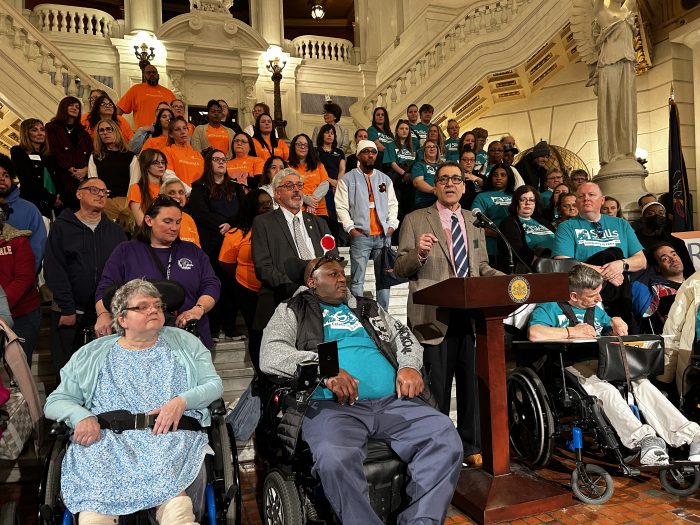HARRISBURG, PA — A bipartisan group of Pennsylvania lawmakers joined members of the Rehabilitation and Community Providers Association (RCPA), the Commonwealth’s largest health and human services trade association, at a press conference at the state Capitol in support of vital disability and human service programs. These programs serve millions of Pennsylvanians annually and play a transformative role in their lives.
At the March 26 press conference, RCPA and lawmakers pushed for continued funding and improved payment models, including Medicaid capitation, as well as decreasing administrative burden in the safety net system, as part of any final 2025/26 budget adopted by the General Assembly. These initiatives will help improve services and make the system work better for everyone. They also highlighted the need to invest in the workforce, ensuring strong support for licensed clinicians, direct support professionals, counselors, case managers and support/service coordinators, and peers.
Richard S. Edley, PhD, President and CEO of RCPA, spoke on behalf of members and those who rely on health and human services. Fady Sahhar, MBA, PhD, RCPA Director of Physical Disabilities & Aging, also communicated the need for Medicaid preservation and continued funding.
| Richard S. Edley, PhD, President & CEO | Fady Sahhar, MBA, PhD, Director of PD&A |
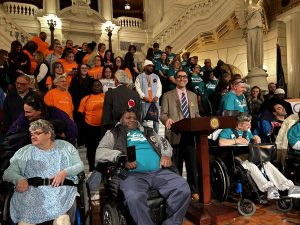 |
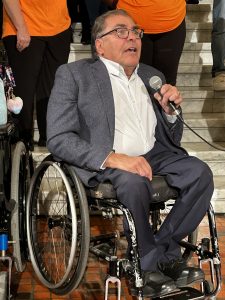 |
RCPA members also raised their voices to stress the importance of not only maintaining but improving the systems in place. Speakers included Melva Fair, an RCPA Board Member and CEO of Community Living and Support Services (CLASS), and Annie Smith, Director of Early Intervention at RCPA member Strawberry Fields. Also in attendance were RCPA Board Members Susan Coyle of Chartiers Center and Gretchen Kelly of PLEA.
| Melva Fair | Annie Smith | Susan Coyle and Gretchen Kelly |
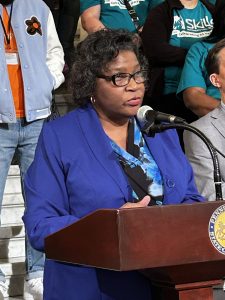 |
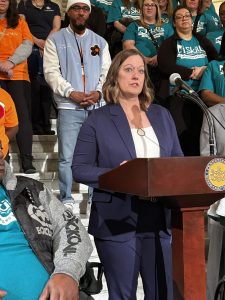 |
 |
Representatives from both sides of the aisle in the House and Senate spoke in agreement with RCPA’s message, voicing continued support for vital services in Pennsylvania.
| Representative Doyle Heffley | Representative Joseph Hohenstein | Senator Tim Kearney |
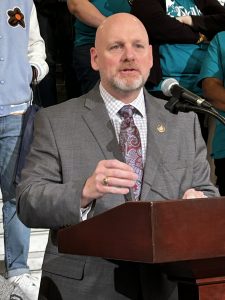 |
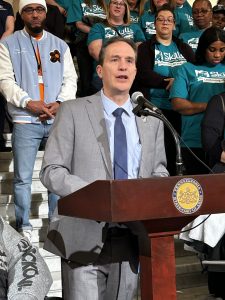 |
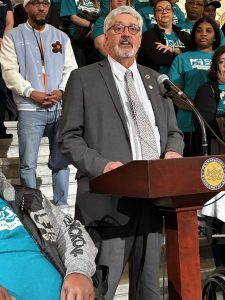 |
Last but not least, RCPA thanks everyone who attended this year’s Capitol Day. Your support and presence made this year one of our most successful press conferences to date!
 |
 |
 |
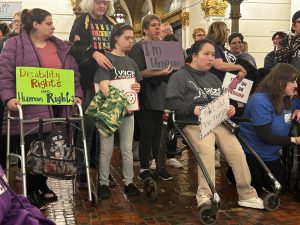 |








